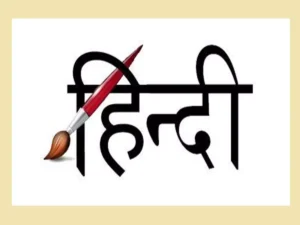The Economics optional subject syllabus for the UPSC (Union Public Service Commission) exam preparation covers a broad range of topics in microeconomics, macroeconomics, and applied economics. Here’s a breakdown of the syllabus:
Paper I:
Microeconomic Theory:
- Consumer behavior and demand theory
- Production and costs
- Market structures: Perfect competition, monopoly, monopolistic competition, oligopoly
- Factor pricing: Theory of distribution, determination of wages, rent, interest, and profits
Macroeconomic Theory:
- National Income Accounting
- Determination of income and employment: Classical and Keynesian approaches
- Consumption function and investment function
- Multiplier and accelerator theories
- Inflation and Phillips curve analysis
- Business cycles: Theories and models
Economic Planning in India:
- Planning objectives and models
- Planning in a mixed economy
- Economic reforms since 1991: Liberalization, privatization, globalization
Paper II:
Indian Economy in Pre-Independence Era:
- Economic policies under British rule
- Agriculture, industry, and trade before independence
- National income estimates and trends
Indian Economy Post-Independence:
- Planning process and objectives
- Agriculture sector: Issues, policies, and reforms
- Industry sector: Industrial policy, growth, and problems
- Services sector: Growth, employment, and challenges
- Infrastructure: Energy, transport, communication, and finance
Economic Reforms in India:
- Liberalization, privatization, globalization (LPG)
- Fiscal policy reforms
- Monetary policy reforms
- External sector reforms
Social Sector Initiatives:
- Poverty alleviation programs
- Employment generation schemes
- Social security measures
- Human development indices and indicators
Sustainable Development and Environmental Issues:
- Environmental degradation and sustainable development
- Environmental policy initiatives in India
- Climate change and India’s response
International Economics:
- Balance of payments: Concepts and components
- Trade theories and trade policy in India
- Foreign exchange market and exchange rate determination
- International financial institutions
Globalisation and its Impact:
- Globalization trends and patterns
- Economic, social, and cultural dimensions of globalization
- Globalization and the Indian economy
Role of Indian Economy in Global Scenario:
- India’s position in the global economy
- India’s trade and investment relations with major economies
- India’s role in international organizations
This breakdown provides a comprehensive overview of the Economics optional subject syllabus for UPSC exam preparation. Candidates should refer to the latest UPSC notifications and syllabus documents for the most accurate and updated information. Additionally, consulting relevant textbooks, journals, and study materials is crucial for thorough preparation.





